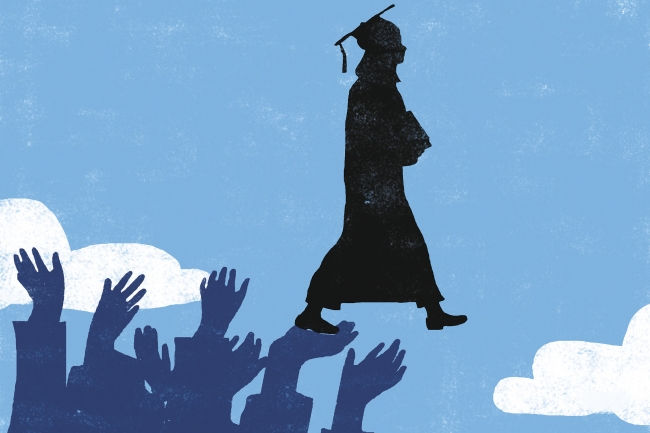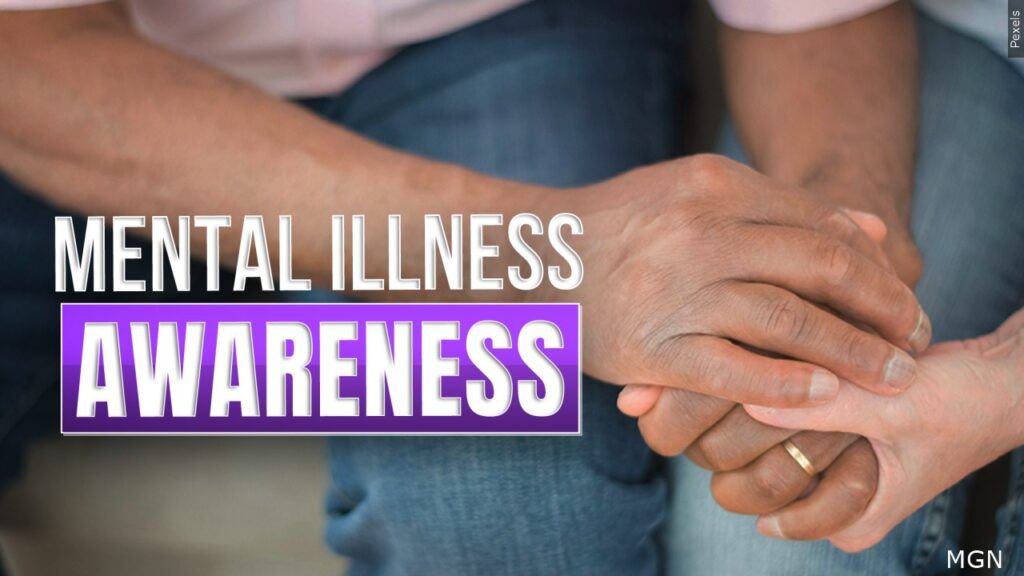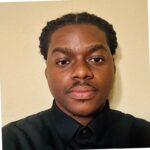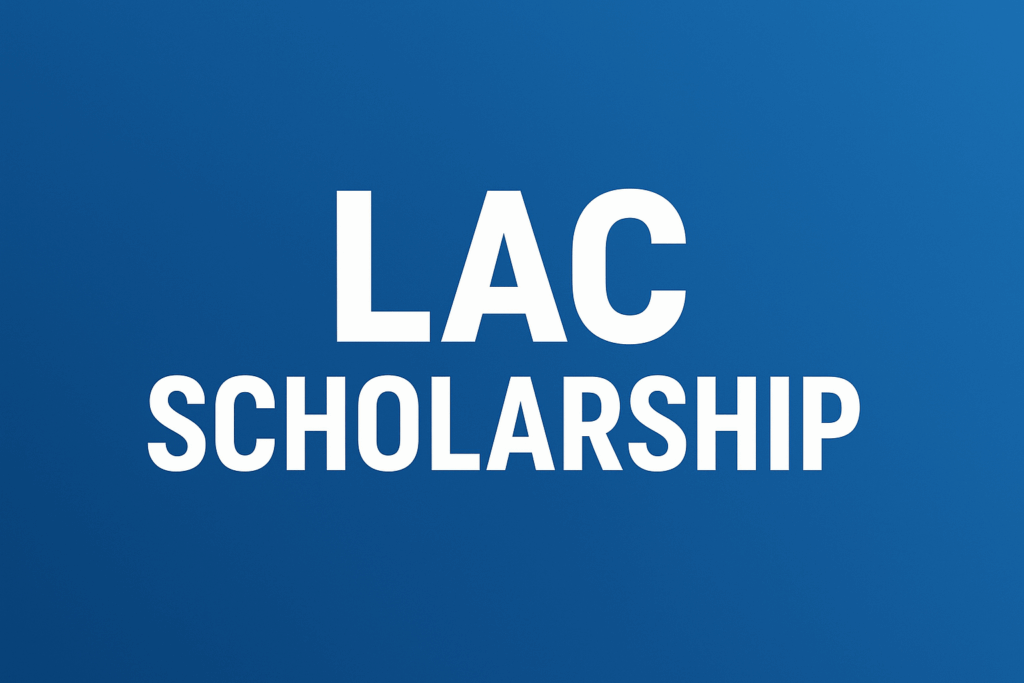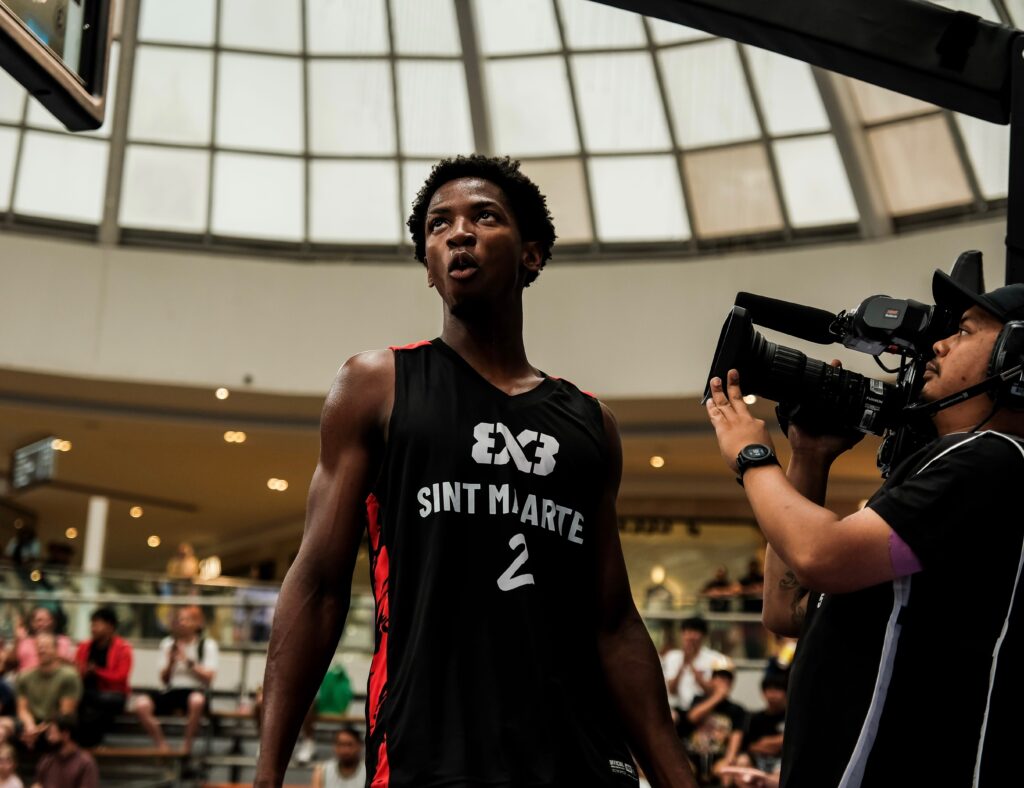Every summer, the sweltering heat rises on the highest of seven hills, the lawns of the quadrangle are manicured and campus renovations are set in place as the university gears up to welcome a new batch of freshmen. Once late June comes, cars filled to the brim line the perimeter of the streets and trunks prop open to shuffle the mementos of old lives into new dorms. Parents say their farewells and drive off, leaving giddy yet fretful students behind as distant shadows in the rear-view mirror.
Navigating this newfound terrain without the physical presence of their guardians is sullen for many. For first-generation college students, this inexplicable longing for a familial compass is merely a truncated portion of their experience. The odds are wholly stacked against them and Summer B is their time to close in on the gap of privilege wedged between themselves and their peers.
Coming early to the campus gives them a glimpse of the inescapable blunders they will face without the passed-on collegiate experiences of parents to guide them. However, COVID-19 has thwarted that experience for first-gen college freshmen.
On March 30, the university released a statement regarding the extension of telecommuting for faculty and remote learning for students for the remainder of the spring semester. To the dismay of incoming freshmen, it was also officially announced that all summer sessions, including the freshmen entry session, will be held virtually to heed to the Florida Department of Education’s precautionary measures.
The novel coronavirus has blindsided the nation and forced universities to make unforeseen accommodations to their traditional routines. Antsy to leave the nest, Summer B freshmen are unsettled to have to push the beginning of in-person classes to the fall — or even spring.
His fresh start is now scribed on the unending scroll of celebratory moments canceled.
For many Rattlers, experiencing the campus ambiance through tours sold them on attending the university, and Xavier Alexander is no exception. The incoming freshman from Madison, Fla. toured during the summer of 2019 and witnessed the hallmark of the Hill, its congenial spirit, at first sight. Captivated by the immediate sense of FAMUly on the tour, the renowned FAMU-FSU College of Engineering simply sealed the dream for the aspiring mechanical engineer.
Determined to manifest his dream into reality, Alexander pored over his resources to ensure not even his place among first-generation students was disadvantageous as he sought post-secondary education. From the Upward Bound Math-Science and the FAMU TRIO program faculty to the support of his school staff, he soon learned how to navigate FAFSA, application processes, and everything that wasn’t casually discussed around the dinner table.
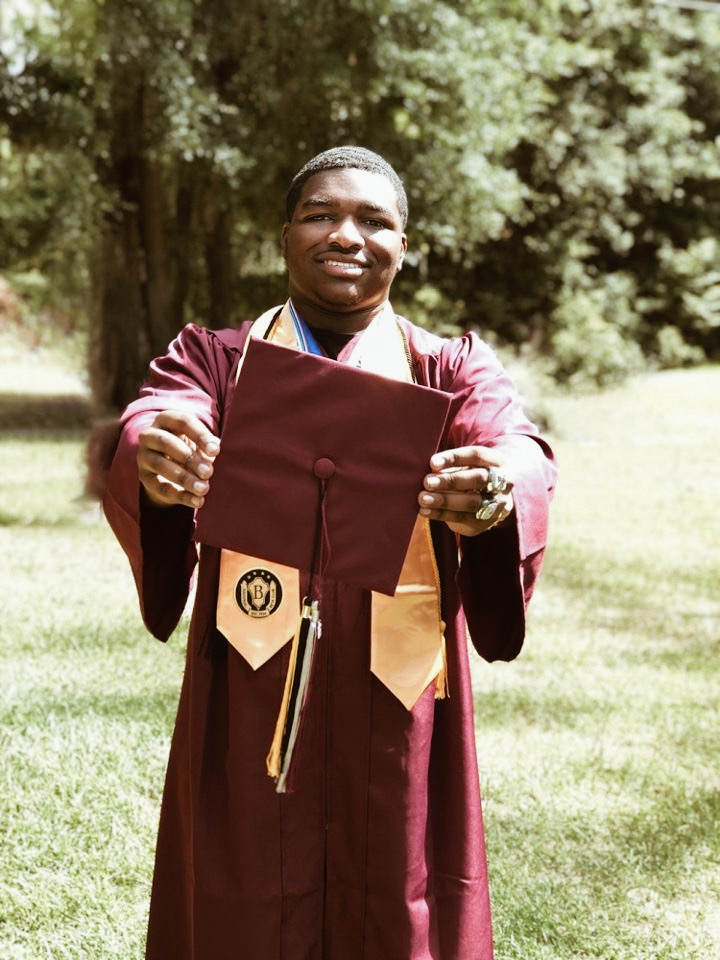 Xavier Alexander, a 2020 high school graduate of Madison County High School in Madison, Fla. Alexander is an incoming Mechanical Engineering student at Florida A&M University. Photo courtesy Xavier Alexander.
Xavier Alexander, a 2020 high school graduate of Madison County High School in Madison, Fla. Alexander is an incoming Mechanical Engineering student at Florida A&M University. Photo courtesy Xavier Alexander.
“As a first-generation student, I don’t feel alone navigating through college because I also have a sister who graduated college not too long ago that can help me understand some things that may become difficult to me,” he said.
Jack and Jill of America memberships and university legacies are imprimaturs of advanced footing, but Alexander believes the guidance he has received from his sister’s collegiate experience, the networks he has built from his resources, and summer B, itself, is all he needs to be on par.
“It was important to me to get acclimated to the university during the summer because it would be an amazing time to get an understanding of things before the fall,” Alexander explains. “I could learn my way around the college, form relationships, and much more while attending the summer.”
Although graduating seniors are not often fond of the blurred transition from high school to college, those pre-college jitters subsided for the 18-year-old as he realized that he would be joining his sister as the start of college attendance in his immediate family.
His fresh start is now scribed on the unending scroll of celebratory moments canceled. “It’s just a little upsetting that we can’t really enjoy our senior year and our first year of college,” he said.
The solemn end of his last four years and the beginning of the next four are left hanging in the balance. Seniors across the nation were set to scatter to their new respective homes. Now, they are collectively grappling over this new experience.
“It’s sort of hesitating to navigate a space with an entire system you or your family know nothing about.”
Expressing the same doleful sentiments as Xavier and the rest of their peers, Torren Manning equally spends her time reflecting on the flip side of the coin: how transformative it is for her to be a part of the few.
The few are the quarter of first-gen students who make it to the crossroads of college, trade school, or military and opt for the four-year university route of post-secondary careers.
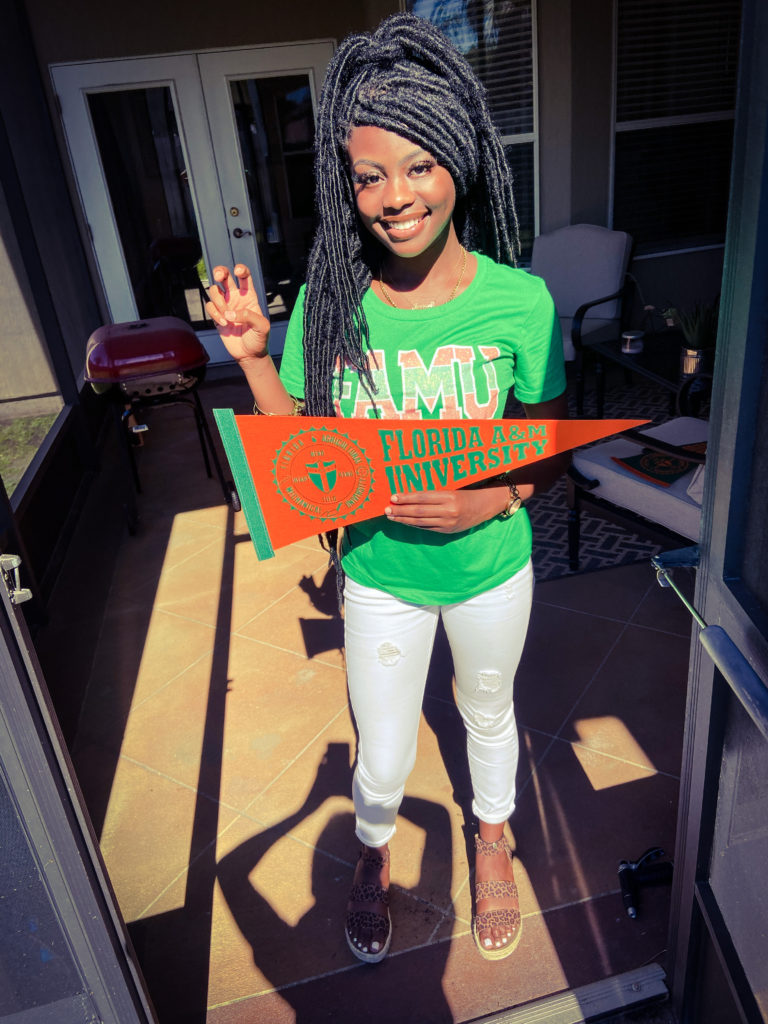
Torren Manning, a 2020 graduate of William Marion Raines High School in Jacksonville, Fla. Manning is an incoming Food Science major at Florida A&M University. Photo courtesy Torren Manning.
The Jacksonville, Fla., native is trying to remain sanguine as she is “beating statistics and breaking generational curses” that once immobilized her community. Her family sits at the intersection of African Americans and education where 42% of the former didn’t have the tangibility of attending college endowed to them.
Her oldest sister already attends the university’s rival, Bethune Cookman University, so she thinks her parents are aptly adjusted to the ins and outs of college life. Yet, an entirely new campus comes with new infrastructure and in certain moments she is reminded of how necessary it was for her to have a trial run over the summer.
“I had a particular experience with my housing application where my form wasn’t submitted correctly and because my mom wasn’t familiar with the software, I almost lost my housing slot. It’s sort of hesitating to navigate a space with an entire system you or your family know nothing about,” said the incoming Food Science student.
The opportunity Manning had to grow familiar with FAMU’s resources and systems is now being remotely relegated to Zoom for the summer semester. The six week period was previously her prime springboard into in-person networking with campus services. She now fears that virtual networking is a new obstacle she’ll have to vault. With three courses in her enrollment queue, her relations with instructors are of even greater priority.
Professors are now accessible at the fingertips and with fully online curriculums, more students are sure to overwhelm them and their abilities to meet the needs of everyone. Manning believes as a visual and kinesthetic learner not having the one-on-one time to build relationships that she would’ve regularly had during in-person office hours may throw her off.
Placing departmental bouts aside, Manning occasionally flirts with the idea of having her parents pass down the ultimate survival guide to college life that details answers for everything, from cute boys to party spots.
For her, it’s equally crucial to have a game plan for the social life of college. “Of course, my mom can tell me how to complete FAFSA, she can’t tell me everything. She can’t advise me on what to do at parties, what to professionally wear to certain events, how to get involved in the campus life,” she said.
For Torren, and other first-generation students, as Summer B creeps closer she realizes that all her college preparation “can only ease the path until [she] gets to FAMU’s gates.” Once her parents say their farewells and drive off, she’ll have to fend for herself with the odds wholly stacked against her.

